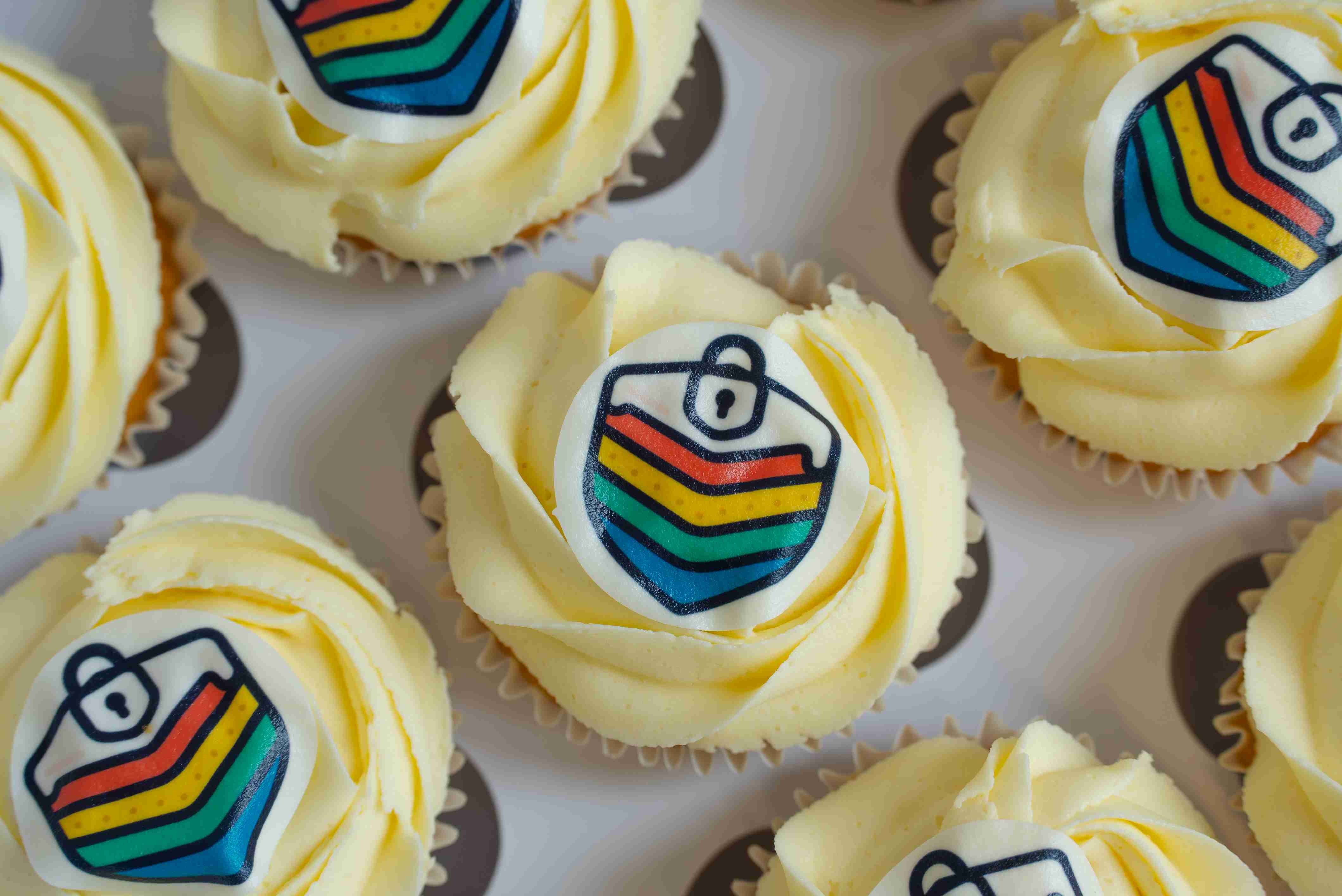CyberCAKE and the Case of the Missing Transcript
Posted on Sep 22, 2025 by Laurie IbbsFun fact: Amazon Echo devices once had a “Do Not Send Voice Recordings” option for extra privacy, but as of March 2025, it’s gone.
Our first workshop is delivered, and I will cover it soon. But before I do, lets rewind to 1 week earlier.
It is our workshop preparation meeting, and we are wrestling with a deceptively simple question. There is a hard yes/no answer. But the reasons for choosing one or another are deep, multi-faceted, maybe culturally embedded and cut right to the very heart of our information era's obsession with capturing every detail of the moment, neatly described as "Summit Fever"
Paraphrasing slightly but the question is this: "Can we record the session?"

Convenience?
On the face of it, the obvious answer is “Of course, recording is incredibly convenient”. Every phone has a mic and an app that can transcribe speech to text. From there, Natural Language Processing (NLP) can churn through the data to extract patterns and insights. Some would also argue that capturing the spoken word gives for better accuracy, or a more lifelike representation of what people were talking about at the time. The audio is captured in the moment and carries the sentiment and meaning of that interaction better. It’s fast, scalable, rich in information and seemingly highly accurate.
Recording offers fidelity: tone and sentiment preserved. It feels authentic, like live radio or TV. In theory, storing all this information in a “computer brain” somewhere means faster insights, and if speed equals success, it seems like a no-brainer. Why not just press record and go? And yet we said no.
Why resist recording?
First, a little context. When I started working with Kanban, standups were literal stand ups. Face-to-face, short, effective. Developers gained visibility, stakeholders saw progress, and the process felt alive. (Human, you might say)
COVID changed everything. Standups moved online. Zoom, Teams, Slack. Some were synchronous with everyone present. Others were asynchronous, with people checking in from afar in other time zones. Work still happened.
Then came transcription services like Fathom (although many others exist). Suddenly, minutes could be automated. Convenience trapped us, starting with free month long trials, ending in paid subscriptions we felt we could not live without. We got automated action points. We got summaries. We got coached on how to be a better speaker, and sometimes advised on how we could let others talk. All automatically inferred from the recording.
But here’s the catch: all that recorded speech is stored somewhere. And meetings often include things we wouldn’t want immortalised. Personal details, sensitive discussions, legitimate secrets, and ill advised hot mic moments. Inviting a transcription service into the room means trusting “the robots” to keep it safe. Or, put more literally; trusting the third party cloud supplier of the transcription service.
Instead of trusting that third party with our data, maybe we should have been trusting our colleagues to be true to their word, and action their tasks? Maybe we could talk to a public speaking coach, or just listen to each other?
The practical blockers
Lets bring it back to CyberCAKE for now though. Lets explore the reasons why we decided against recording the sessions.
-
Multiple tables: Each workshop table would need its own recording. Separating overlapping conversations would be impossible. In studio terms, this is “bleed". Voices crossing onto the wrong mic. Multiply that by a room full of discussions, and you get unmanageable noise. Inpenetrable cross talk.
-
Room acoustics: With natural reverb and background chatter, even human ears would struggle. A transcription service would fare worse. In the past I have seen some pretty funny misinterpretations of the conversation being recorded.
-
Security: We knew we’d attract people with sensitive roles. We had to be cautious with photos; the same applied to audio. Anecdotes shared in trust didn’t need to be captured forever.
Most imporantly, the human factor:
CyberCAKE is about people first. We wanted delegates to be present, not mediated by devices.
In this context (a workshop round table event) that meant choosing the human experience over the digital archive.
So we left the record button untouched.
Made sense at the time. Of course, now we hit the write up, its harder.... C'est la vie! But I don't think I regret the decision.
Coming up:
👉 What are the most hillarious transcription errors your service has made from your meetings?






